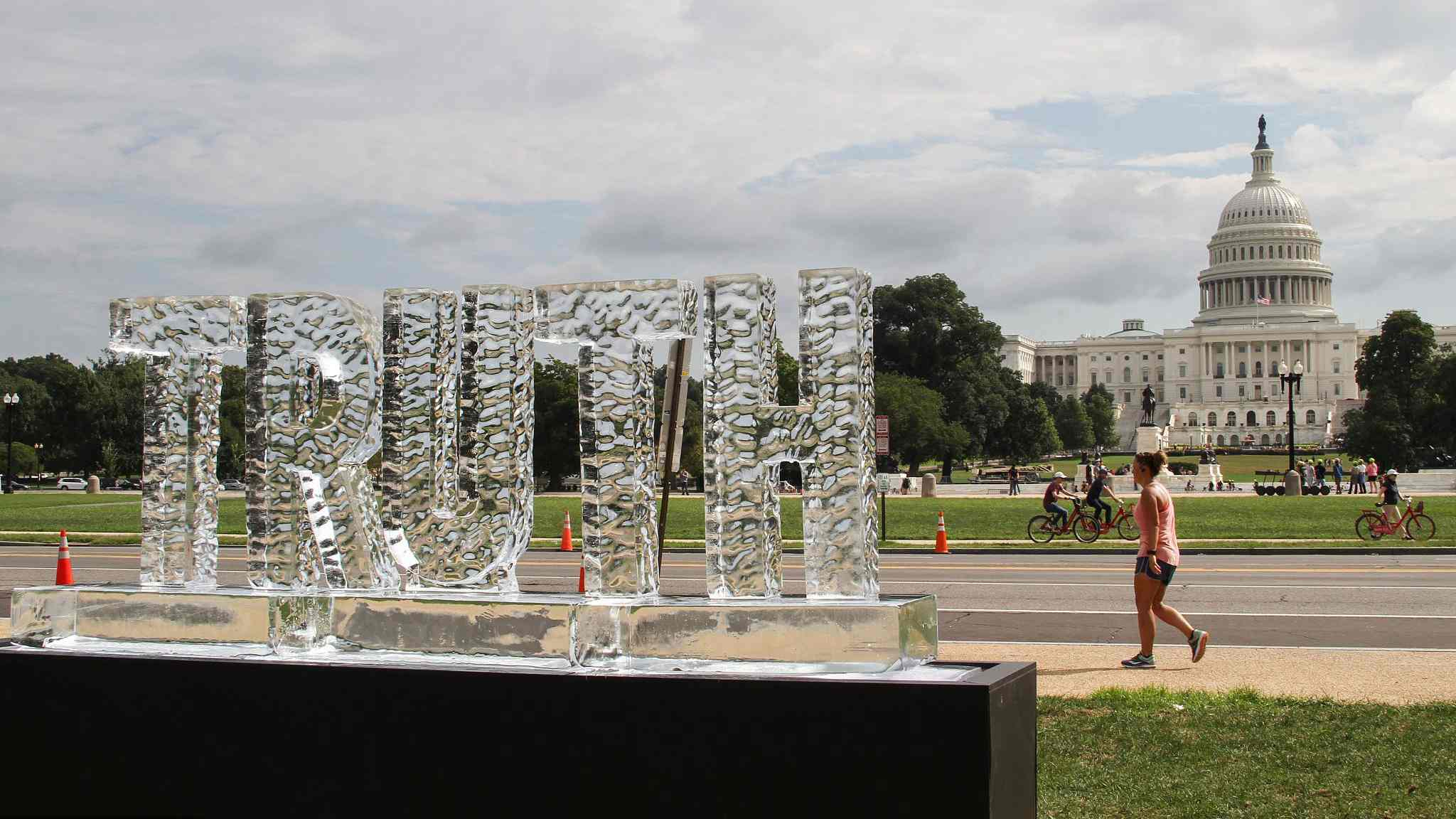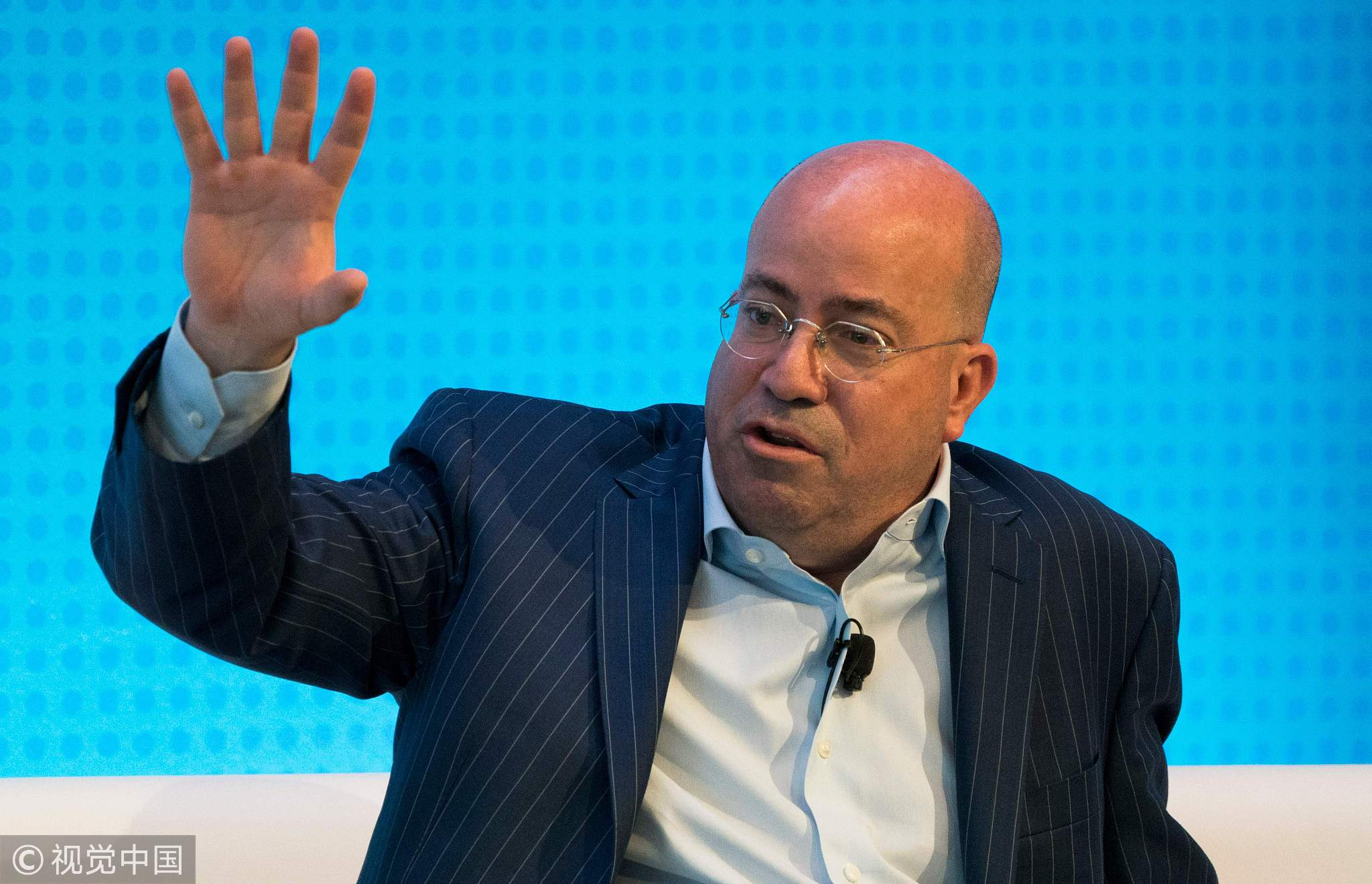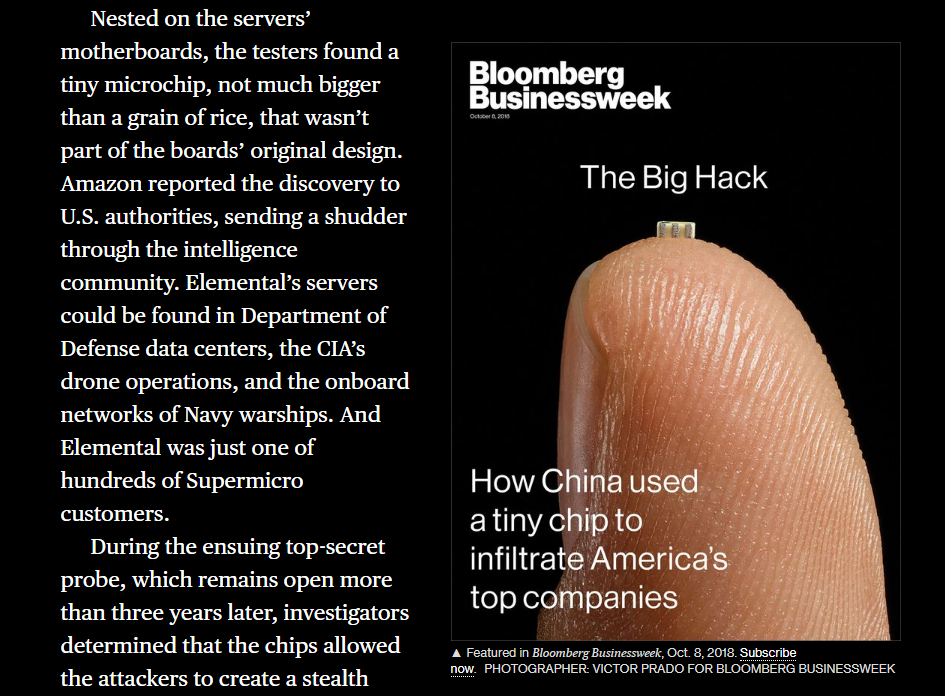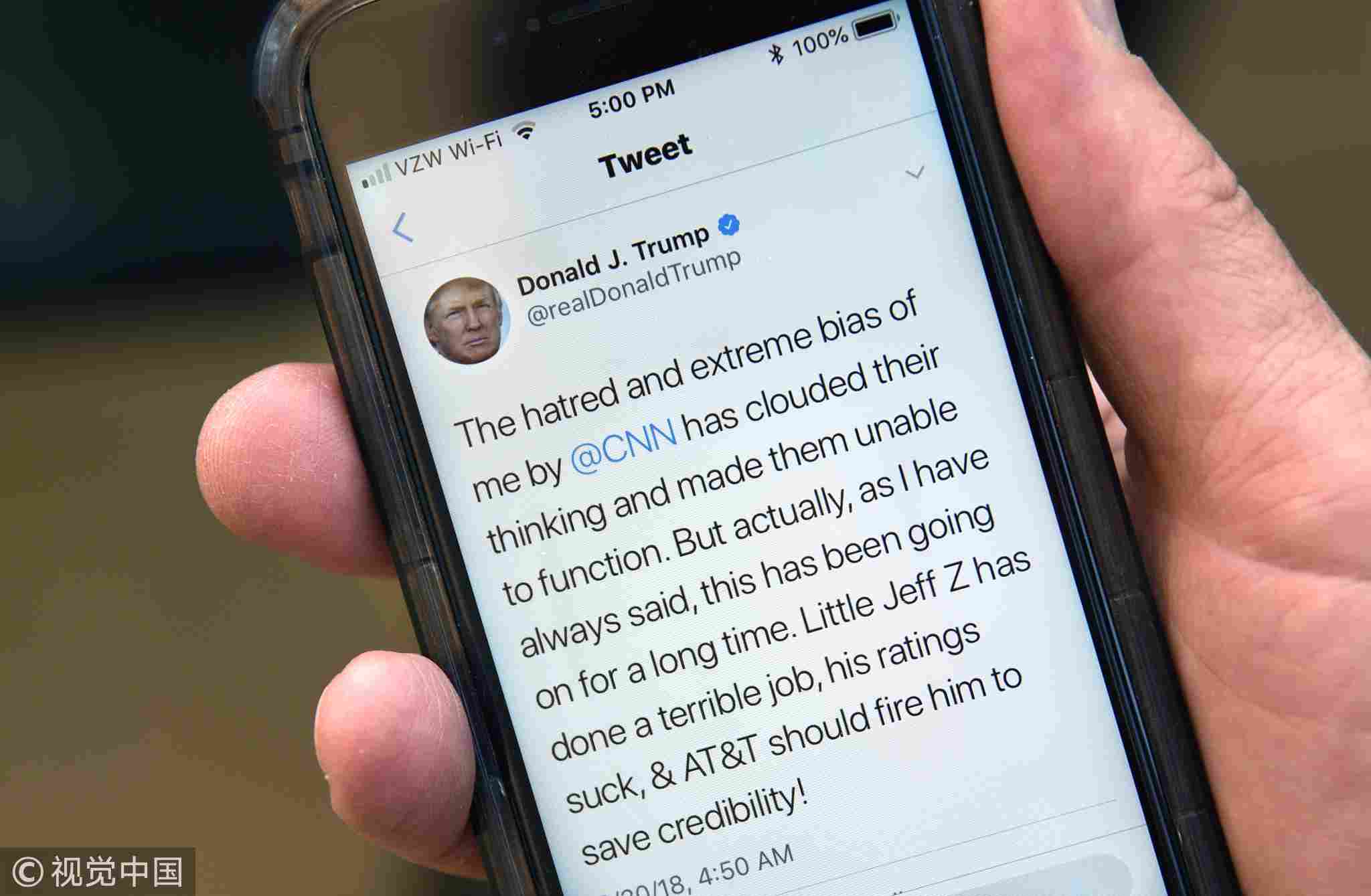
Opinions
15:44, 11-Nov-2018
Opinion: Subjective reporting is risking geopolitical security
Updated
14:54, 14-Nov-2018
Ken Moak

Editor's note: Ken Moak taught economic theory, public policy and globalization at the university level for 33 years. The article reflects the author's opinion, and not necessarily the views of CGTN.
President of US cable news outlet CNN Jeff Zucker is right in saying “words matter,” when he complained that President Donald Trump was implicit in causing “hate crimes” against the network and the president's critics. It is too bad or even hypocritical that the US media did not “practice what it preached.”
A friend and colleague told me over 15 years ago that every news report he read in North America portrayed China negatively, painting it as a “repressive” regime suppressing human rights, “bullying” smaller neighbors and other misdeeds.

Jeff Zucker, president of CNN, is interviewed during a Financial Times Future of News event, March 22, 2018, in New York. /VCG Photo
Jeff Zucker, president of CNN, is interviewed during a Financial Times Future of News event, March 22, 2018, in New York. /VCG Photo
There was even a caveat on China's achievements, suggesting that economic growth is the Communist Party's only thing that gives the Party “legitimacy” to govern (someone should tell the reporters that is what government is supposed to do).
The latest is a Bloomberg News report that said China has been planting micro-spyware in Apple, Amazon and other high-tech firms' servers to spy on US companies, government and military.
Though these companies denied the incidences ever occurred and US Homeland Security and the FBI also doubted its “validity,” Bloomberg refused to retract the report let alone offered an apology.

A screenshot of Bloomberg Businessweek published on October 4.
A screenshot of Bloomberg Businessweek published on October 4.
It seems that nothing has changed how the US media reports on China. It is hard pressed to find any positive reporting on China.
'Yellow journalism'
“Sensationalized” or “yellow journalism” is alive and well in America. It was introduced by Joseph Pulitzer in the 1880s to compete with William Randolph Hearst for circulation in New York.
In fanning “fake news” with yellow colored ink, the newspaper barons discovered the majority of Americans like reading “gossips” and believing “sensationalized reports” regardless of authenticity. It led to increases in circulation.
For example, the Hearst newspaper reported the rumor that Spain sunk a US warship in Havana harbor in 1898 that sparked the US-Spanish War largely to increase sales. The war culminated in America colonizing the Philippines, San Juan and part of Cuba from Spain and cost many lives, including Americans who were led to believe that America was being threatened.
History repeated itself in the 1960s and early 2000s when the media respectively fanned the government's claim that Vietnamese fired on a US warship in the Gulf of Tonkin and Saddam Hussein possessed weapons of mass destruction.

A man uses his smartphone to read a tweet from US President Donald Trump attacking CNN and the television network's president, Jeff Zucker, for alleged media bias. /VCG Photo
A man uses his smartphone to read a tweet from US President Donald Trump attacking CNN and the television network's president, Jeff Zucker, for alleged media bias. /VCG Photo
Neither turned out to be true but did cultivate public support in America invading the two countries. They cost millions of Vietnamese and Iraqi lives. Tens of thousands of Americans also died or wounded in the wars.
Yes, “words do matter.” Trump's “Make America Great Again” stance of denouncing migrants as “criminals,” “terrorists” or worse did incite violence particularly against visible minorities and whites who disagree with the US president.
Since Trump assumed the presidency, hate crimes against Jews, Muslims, non-white Hispanics, African-Americans and Asian-Americans have gone up significantly. According to the New York Times and other mainstream media, hate crimes against Muslims and Jews increased by 150 percent in New York in the first year of Trump's presidency.
Pandering to displaced workers' emotions proved to be an effective strategy, garnering their support for Trump's trade war against China and even US allies.
It does not matter that it was “Corporate America” that was responsible for the loss of manufacturing and jobs. What matters is China and other countries are producing what US used to manufacture. And Trump promised to bring back manufacturing and jobs.
Pen (or word) is mightier than sword
There is some truth to the cliché that the “pen is mightier than the sword” in that words shape public opinion as observed by the “father of economics” Adam Smith. British capitalists knew that controlling the flow of information would garner support for their adventures.

Artist Marshall Reese (R) stands by the ice sculpture, spelling out the words Truth, he created with Nora Ligorano as the duo LigoranoReese, with the US Capitol in the background, in Washington, September 22, 2018. /VCG Photo.
Artist Marshall Reese (R) stands by the ice sculpture, spelling out the words Truth, he created with Nora Ligorano as the duo LigoranoReese, with the US Capitol in the background, in Washington, September 22, 2018. /VCG Photo.
Using their news organizations to “sensationalize” reporting rallied public for demanding the Royal Navy to defend British commercial interests, culminating in the Opium Wars in the 1840s. The British were later joined by other Western nations and Japan in colonizing or carving China up, establishing “concessions” with extraterritorial judiciary power.
Many Americans still view China as “Fu Manchu,” employing devious and evil means to supplant American global influence or dominance. For these Americans the “yellow peril” image of the Chinese is not far below the skin, making it easy for the media to bring it to the surface, explaining overwhelming bipartisan support for anti-China policies.
Propagating questionable claims against China is risky
However, today's China is different; it has muscles to fight back and is prepared to defend its “core interests” economically and militarily.
Further, the US and Chinese economies are increasingly intertwined, suggesting that protracted economic or trade wars will hurt both economies and those that are involved in the global supply chain. For example, the South Korean government admitted its economy is “stressed” in part because the US-China trade war has reduced investment and increased unemployment.
History will tell that wars based on “fake news” benefited only the few who fanned them, but the public and nation suffered in terms of losses in human lives and capital. Strong opposition came only when many Americans lost their lives as in the Vietnam War. The American public's wrath will be much greater if the US declares war on China base on subjective reporting. To that end, the US media has the responsibility to “set the record,” informing the public what China actually did instead of what it alleged to have done.
(If you want to contribute and have specific expertise, please contact us at opinions@cgtn.com.)

SITEMAP
Copyright © 2018 CGTN. Beijing ICP prepared NO.16065310-3
Copyright © 2018 CGTN. Beijing ICP prepared NO.16065310-3